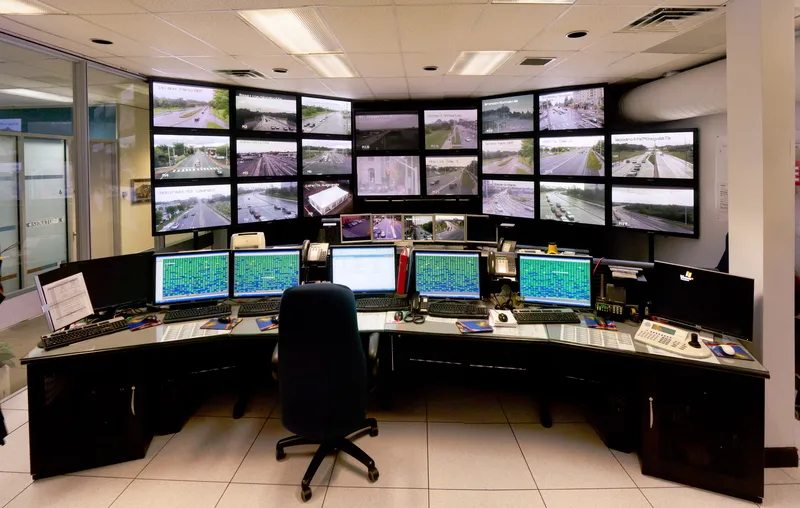An increase in orders in Australia has led Redflex to open an expanded office in Sydney to support business in New South Wales (NSW), Queensland and the Northern Territory.
The 2,000 sq m purpose-built facility houses regional management, sales and technical support staff and provides maintenance for around 400 enforcement cameras installed in NSW, Northern Territory and Queensland.
The building is also the main base for the mobile speed camera vehicles, management, operational and adjudication staff
September 30, 2014
Read time: 2 mins
An increase in orders in Australia has led 112 Redflex to open an expanded office in Sydney to support business in New South Wales (NSW), Queensland and the Northern Territory.
The 2,000 sq m purpose-built facility houses regional management, sales and technical support staff and provides maintenance for around 400 enforcement cameras installed in NSW, Northern Territory and Queensland.
The building is also the main base for the mobile speed camera vehicles, management, operational and adjudication staff of Redflex Enforcement Services, the business unit that provides mobile enforcement services to the NSW Roads and Maritime Service.
It also boasts a network operations centre which is staffed 24/7 to support the operations of 30 mobile speed camera vehicles deployed across Sydney and NSW. Each vehicle features five high definition CCTV cameras that stream live video to the centre, which is displayed on 30 dedicated monitors mounted on a large curved wall.
Ricardo Fiusco, Redflex CEO, comments: "The move is essential especially with the rapid growth of our Australian operations and we are delighted to have found the ideal location that offers room for our anticipated future expansion.”
The 2,000 sq m purpose-built facility houses regional management, sales and technical support staff and provides maintenance for around 400 enforcement cameras installed in NSW, Northern Territory and Queensland.
The building is also the main base for the mobile speed camera vehicles, management, operational and adjudication staff of Redflex Enforcement Services, the business unit that provides mobile enforcement services to the NSW Roads and Maritime Service.
It also boasts a network operations centre which is staffed 24/7 to support the operations of 30 mobile speed camera vehicles deployed across Sydney and NSW. Each vehicle features five high definition CCTV cameras that stream live video to the centre, which is displayed on 30 dedicated monitors mounted on a large curved wall.
Ricardo Fiusco, Redflex CEO, comments: "The move is essential especially with the rapid growth of our Australian operations and we are delighted to have found the ideal location that offers room for our anticipated future expansion.”










